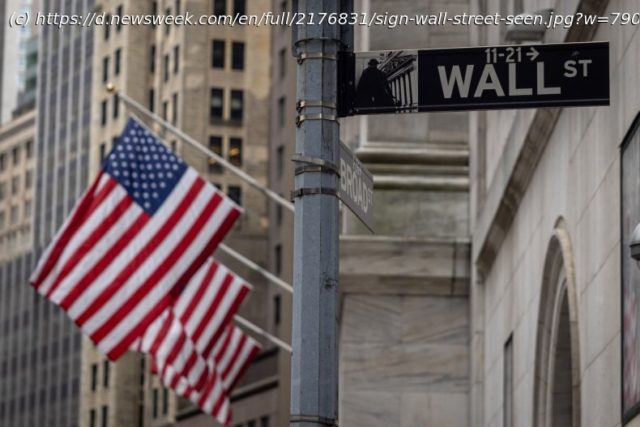It’s time for Wall Street to disentangle from the mess that Beijing is cooking up.
For two years, China has aggressively pursued a zero-COVID policy of strict lockdowns. Beijing’s harsh enforcement of this approach has generated widespread internal opposition—and demonstrated the heavy-handedness of President Xi Jinping’s authoritarian regime. But now, in the face of significant supply chain disruptions, Xi has chosen to lift the quarantine. Wall Street is praising the move—and calling for new investments in China. However, little has changed within the Chinese Communist Party (CCP), and U.S. investors would be wise to steer clear of such a flawed, totalitarian regime.
There’s an obvious risk when it comes to investment in China: Beijing’s continuing opacity. Consider the recent, sudden disappearance of export data for Xinjiang—the region of western China that’s home to the slave labor of thousands of ethnic Uyghurs. Now that U.S. law has banned Chinese goods produced by Uyghur forced labor, Beijing has simply removed Xinjiang’s export data from its economic reports.
Essentially, China wants to keep using Uyghur labor—and try to hide it from the world.
Wall Street should want no part of such unacceptable behavior. But if human rights concerns aren’t enough, there’s also the basic question of financial security. It’s hard to trust a regime that prioritizes political control, disinformation, and internal crackdowns above all else.
For starters, a wide array of Chinese companies trading on U.S. stock exchanges continue to hide their books from U.






